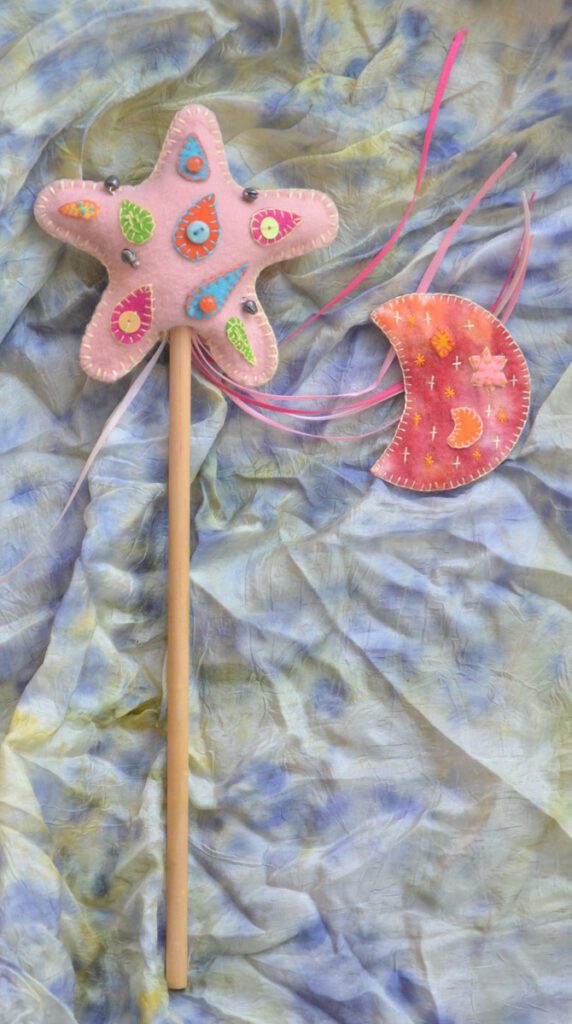Diet and Medication
There’s a lot of scientifically backed research linking brain health with gut health. If there’s one piece of advice I can give you, it’s to set a goal of getting your kids to eat:
- five serves of vegetables a day
- two serves of fruit
- one handful of nuts (if they aren’t allergic)
- a handful or more of legumes like chickpeas, red lentils and beans
- three or more servings of whole grains
- one serving of meat a day (or a vegan alternative)
- to introduce probiotic foods like sauerkraut, kimchi or kombucha and,
- to trial quitting gluten, dairy products, processed sugars and preservatives for at least a year.
Hopefully, it will change your life. My family isn’t perfect on this, but having these goals as something we always strive for led to significant healing, improved sleep and dramatic changes in behaviour.
Changing diet only became realistic for me, when I made the decision to home-school my children which felt radical and scary at the time, but I’m glad we made the transition, because healing the body of a child with poor gut health is so important, and it was much easier to control what they were eating at home. I would lay out platters of fresh, chopped up vegetables on the kitchen table throughout the day and found their natural hunger after running around, and the smells of cooking would often lead to eating those vegetables (because even for fussy kids, vegetables are better than nothing on a hungry stomach). And with time, they desensitized to the tastes.
We’re back at school now, and I continue to prepare our restricted diet and try to drop it off to school in thermoses around lunchtime with a container of freshly cut vegetables. My kids remain fussy eaters, but will eat freshly prepared food. I also cut up a plate of vegetables for breakfast, which disappears quickly.
Be warned though – this part of the process requires a lot of patience and you might need help. Some of the supplements we were taking played a role in better digestion and healing, and you need to consult a dietician or paediatrician about supplements. In the ten years (or so) since I first started changing our diet, there’s been a lot more scientific study demonstrating the role good nutrition plays in reducing inflammation in our bodies and brains, and a growing body of research into the nutritional/environmental causes of autism. Hopefully, things will be different for you, but while I was trying to pull off cooking nearly everything from scratch (in addition to juggling a lot of therapy), I had friends with PhDs in physiology and biology telling me there wasn’t enough evidence for the diet argument. I was consulting a paediatrician who was giving us great, life-changing advice about how to heal through nutrition, yet I had been friends with a paediatrician who fed her kids a lot of processed foods. I met a nutritionist with kids on the spectrum who fed them dairy, because she grew up on a dairy farm…even though they still got chronic diarrhea. So it was confusing, because it was easy to find smart people offering arguments against changing diet and it was hard because we were constantly being discouraged for being fussy and trying to prepare only wholefoods.
Food is tricky, because it can be a barrier to being part of our communities. As parents of kids with special needs, we are so grateful to be invited to birthday parties and play dates. Being difficult about food, or causing a scene when our kids get upset about being denied cupcakes and sugar can be really difficult. However, I can’t emphasise enough how much I would prioritise nutrition over fitting in. Sometimes it’s easier to politely decline invitations to parties and only attend activities that have nothing to do with food. It’s really easy to be discouraged when your family doesn’t support you and (I can almost guarantee) you will be set back by extended family and school events from time to time. But don’t give up!
I know our restricted diet helps my family. I’ve seen too much scientific evidence supporting my own lived experience, and I’m much happier with the range of foods my kids eat. Their behaviour and ability to cope with the world improved significantly when we transitioned. I feel better too, but it didn’t happen overnight. Each new food took time to be eaten, but we’ve gone from a child who ate sausages, honey sandwiches, and a bit of fruit, to a kid who eats a range of meats, fruits, carrots, cucumber, capsicum, broccoli, cauliflower and a pinch of spinach (we keep working on leafy greens). I could go on, but the important message is he keeps getting better.
I recommend Dr Leila Masson’s online resources and book to better understand the dietary approach in combination with traditional medicine. Her website includes links to great explanations about nutrition and environmental medicine. I’ve also consulted dieticians who recommend including organic chicken livers in your diet and making organic chicken stocks as part of a healing routine, in addition to recommending a range of supplements. So you will hear varying advice during this journey, but most will encourage you to eliminate gluten and dairy, and to eat natural, wholefoods (preferably organic).
I don’t know anything about medication, as my children don’t take any, but we have experimented with supplements like probiotics, enzymes, magnesium and zinc. To learn correct dosages, you really need to approach a dietician or medical practitioner for this advice.
Resources
Quirky Cooking – www.quirkycooking.com.au
“Gut and Psychology Syndrome,” by Dr. Natasha Campbell-McBride MD – Google Books
Paleo cookbooks
http://www.kidswithfoodallergies.org
Dr. Leila Masson – www.drleilamasson.com